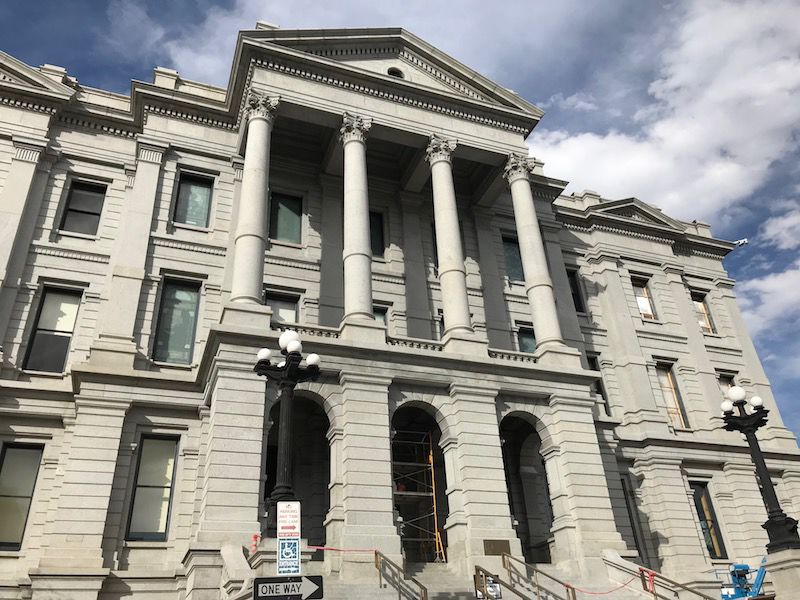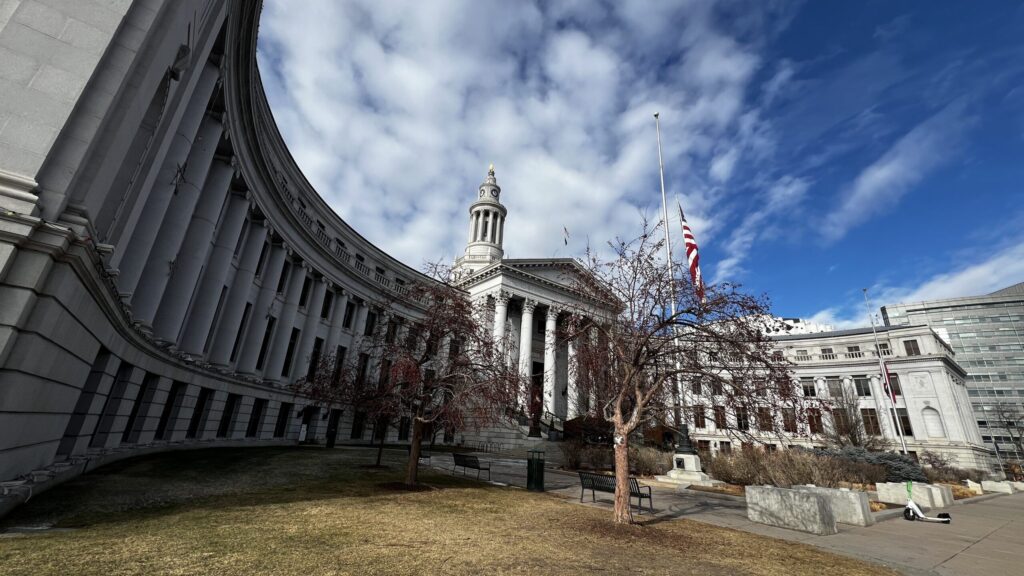Colo. House Democrats finally pass pension bill; now they negotiate

The Colorado House passed a solution to the $32 billion hole in the state public employees’ pension Tuesday morning, sending one of the session’s biggest bills to negotiators with a little more than a week left in the session.
The bill passed on a party-line vote.
Senate Bill 200 was amended by Democrats in the House, which means Republicans in the Senate will get a chance to make more changes in a conference committee, so that both chambers can vote on it before the session ends on May 9.
If they don’t find a compromise, the pension with more than 585,000 members is at risk of going insolvent in the next economic crisis, but, moreover, the state’s credit rating will take a big hit because of the major unfunded liability that has pulled down other states.
The bill includes using at least $225 million annually from the state budget to shore up the fund, as well as a trigger than would force state employees to contribute more to the fund – and retirees receive less – if it gets out of balance again.
House Democrats removed an option for public employees to use private investment funds instead of the pension. Retirees, under the current bill, will see their annual cost-of-living allowances shrink from 2 percent to 1.25 percent, among other proposed changes.
Rep. Kevin Van Winkle, R-Highlands Ranch, noted that it is the fourth time in 15 years that lawmakers and taxpayers have had to step into to help the Public Employees’ Retirement Association.
“Perhaps this is the most serious of all at a time when the stock market has been roaring,” he said Tuesday morning. “The economy has for nearly a decade been roaring.”
He spoke about the potential impact to the state’s credit rating if lawmakers don’t find a solution this session.
“In a matter of weeks it could become more expensive to fix our roads and bridges. It could become more expensive for schools to borrow and bond. It could become more expensive to live and work in the great state of Colorado. This is a real problem with real people who are counting on us to save PERA from the brink.”
Since lawmakers receive retirement benefits, Rep. Lori Saine, R-Dacono, asked to be exempt from voting, a proposal floated by House Republicans to Colorado Politics two weeks ago to potentially kill a vote on the bill.
“This bill benefits me as a retiree, but not the taxpayers,” Saine said.
House Speaker Crisanta Duran took a break to consult legislative lawyers and ruled the vote did not cross ethical or legal guidelines, but members could choose individually whether or not to vote on the bill.
Rep. Larry Liston, R-Colorado Springs, said he also would not vote, because of his retirement fund from the state.
Before Saine spoke, Rep. Jim Wilson, R-Salida, said he would not vote because he is a retired educator who receives PERA benefits.
House Majority Leader KC Becker said the ploy “doesn’t make sense,” and that rules say you can be a member of a large classification and still vote as a legislator (such as a lawyer voting on certain bills or a teacher voting on education bills).
The legislature is charged with making laws that affect PERA all the time, she said.
“We have the ultimate management responsibility for PERA,” Becker said.
She encouraged legislators fulfill their legislative responsibility.














